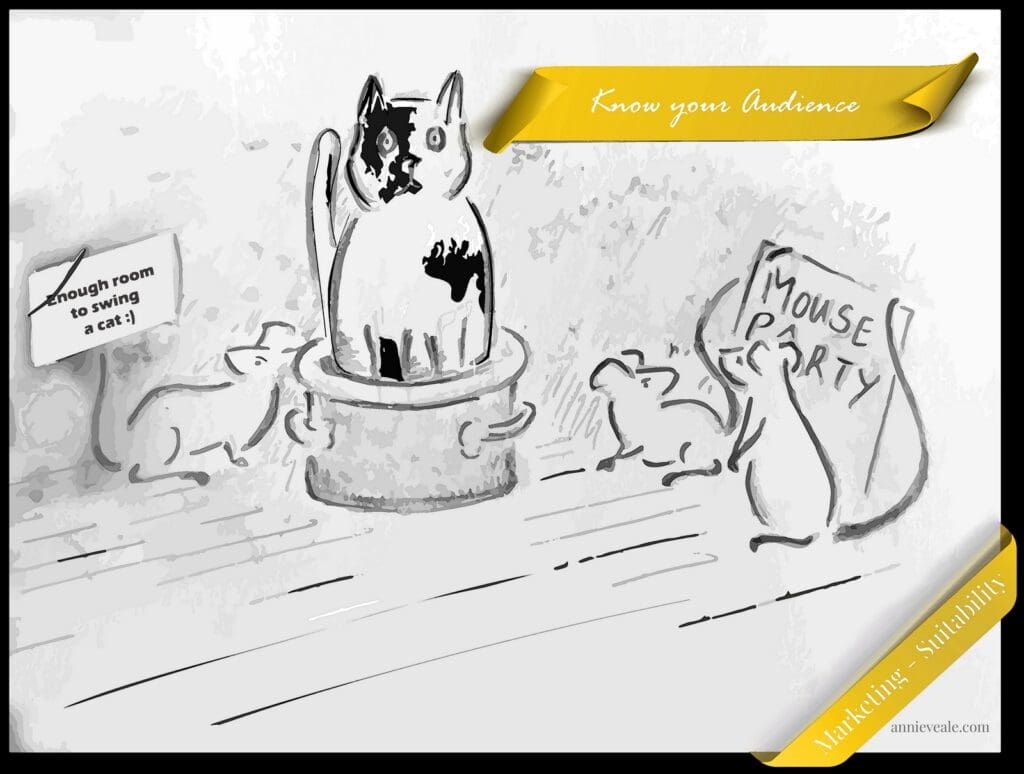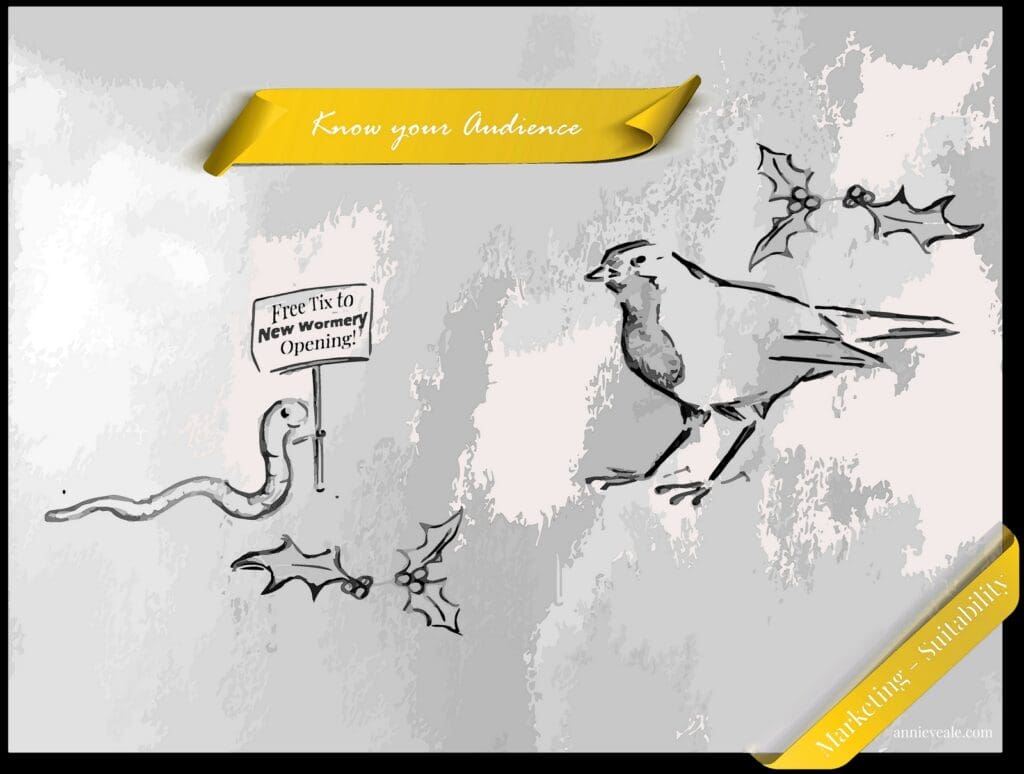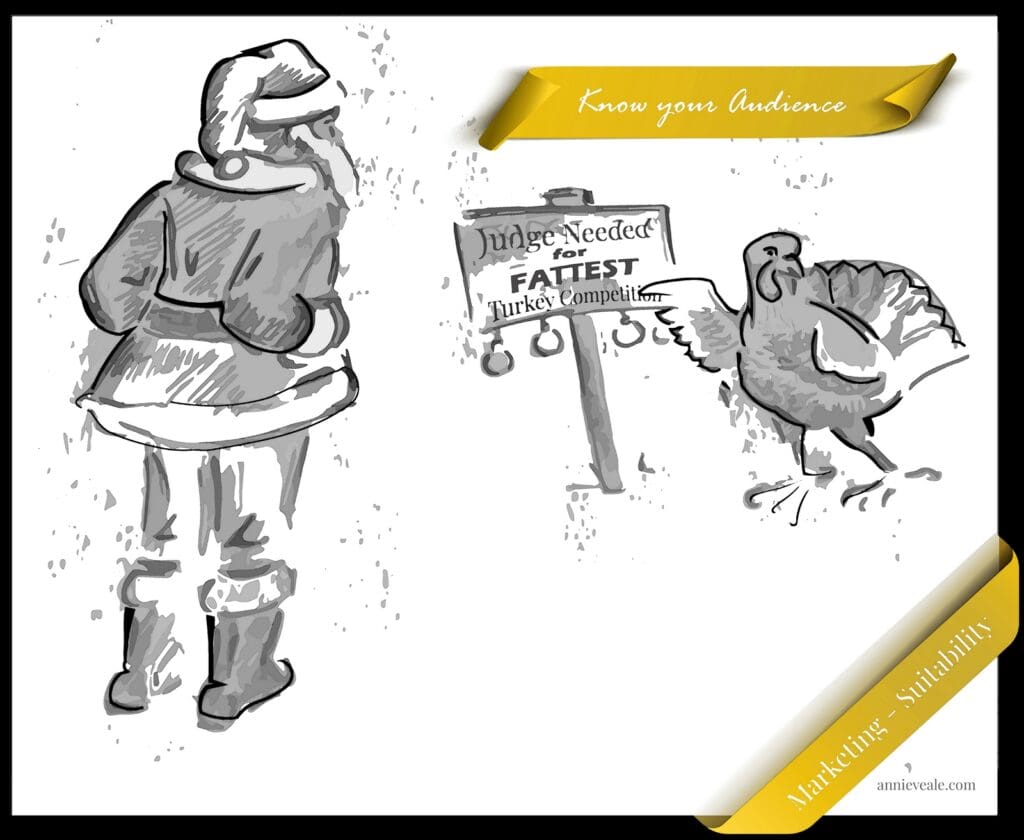Campaign, in Business –
Definition: In online marketing and retail, a campaign is a series of activities linked by a plan of action which all contribute toward a larger defined business goal. … A campaign is not defined by any one specific activity, but rather by the larger goals to be achieved and the plan linking each activity to those goals.
THE FIRST STAGE OF PLANNING YOUR CAMPAIGNS IS TO
identify your goals.
Organising your objectives into the following categories is a good start –
Increasing Market share
Increase engagement
Increasing social Media following
Increase Purchases – Ecommerce
Increase Contact
Customer Retention
Net promoter Score
New Users
Recommendations
UGC
The channels
Organic Search Traffic
PPC and Programmatic advertising
Display Advertising – Online Print
Email
Events
Affiliates/ Partners/ Links
Social Media
Influencers
Outdoor Media
Your Website
The tools
Competitions
Special Offers
Content
Rewards
Awards, Triumphs and Industry recognition
Schedules and content
So when you have organised the above into possibilities that are within your budget and time expenditure, the savvy marketer sets to work organising schedules of linked activities to achieve the desired goals. It is wise to run multiple campaigns and to specifically target personas or profiles of those you believe to be in the market for your product/service. You may also find the SEO Colour Wheel Theory of interest to you when starting this initial content planning phase.
The most important thing to remember is that each message you deliver needs to clearly state
Your USP and The CTA
Or, it needs to be visually inspired enough to stick in the memory – Ready for the next touch point. (teaser)
USP – what is it that makes you unique, if you are quality product, this is often not a price.
Award-winning, New App, real people to answer the phone, dedicated account managers, open 24-7?
CTA – what do you want the end user to do with this information? Share now and win? Follow and get free trial? Buy now, to get free next day delivery, Enter your email to download? Visit and read? Click and use this awesome calculator?
On top of this it needs to tie-in to your end goal for that campaign and be eye-catching and relevant to your target audience, it also needs to be delivered at a time that is convenient and timely to your prospective customers or audience type.
How do you profile someone you have never met before?
How fixed are your customer types, and how do you go about targeting them?
Demographic profiles, used to be the holy grail to the marketer, this is less true now. Profiling is not about recording personal information – so it is a great exercise to do. Essentially, you are building an imaginary person, building a picture of their interests, activities, spending preferences. These assumptions should be based on analysis of the behaviours and activities of your customers and web visitors and are not including any personal contact information and are therefore, free of constraints surrounding GDPR.
It is simply about getting your marketing messages out to those people who will appreciate the information you want to provide. The pitfalls are many, often and especially so with social media, you create your awesome new marketing strategies and content, and then start sharing on social and all too often you realise that the majority of your followers are actually your business competitors, especially difficult for those in the start-up phases.
Your website, your database and your customers provide you with vast amounts of information and if you are looking at a retention campaign (It is advisable, for most sectors, to have at least one campaign running of this type) it provides a valuable way to invite your customers to get involved. Ask for an opinion or feedback and they feel included, if you provide a worthwhile gift or thank-you it is indeed an attractive offer – providing a reward as opposed to selling. So how much should you reward – well, that will ultimately be a different answer depending on your business. However, the value of a quality, accurate opinion by an impartial customer or exceedingly loyal customer – is significant. It could save you tens of thousands in cold, hard cash!
Social Advertising provides some of the best opportunities we have ever had – looking past the instant stats you get from your web traffic – which will inevitably tell you your busiest periods fall somewhere between the 9-6 working hours. Look further into whether these people are likely to be single or married with children, retired or working from 7am to 9.30pm every day.
Influencer marketing can be a great way to generate interest and engagement – however, pick the influencer very carefully, if you are FMCG or food product – its all about being on trend and the TASTE or the HEALTH product that you simply can’t ignore, however, if you are a more special purchase, how do you get noticed – the answer is much more subtly.
Content marketing, backed up by strong landing pages and graphic styles, is by far and away the single-most effective solution, that provides longevity and trust. This form, if you are clever will also be far more difficult for your competitors to steal, copy and may even manage to escape their radar completely.
PPC and Search are intrinsically linked to your content marketing and your strategies should be very clearly set and reported on. It is also as transparent to your competitors as it is to post your most brilliant offer via social onto their timeline. It is therefore imperative to Know your Audience. The work and analysis involved in doing this accurately is extensive and skilled work that involves analysing across all channels and conducting market research and product positioning along side competitor analysis and trends.
Here are a handful of cartoons that demonstrate the importance of Know your Audience – Marketing



The timing of your campaigns
How long should it take to see results from a good campaign?
This will largely depend on your business, where the starting point is, how used, your end users are to interacting with you, what your social media following is like and how long your lead time is. By rule of thumb, a lightweight, well-worked campaign should provide real results within a three month period for a small business.
Essentially, the larger the business and more well-known, the quicker the results will be achieved, however, this in itself creates different issues. And small businesses need to plan for this – especially when utilising tv endorsement or influencers.
You should expect to see some sort of planB and crisis management strategy as part of any campaign, a sort of risk assessment that looks at the possibilities of how different people could interpret the messaging, creative and product and what to do if your internal teams struggle to meet demand.
6 months to a year is generally the time it takes get the momentum required to create the ‘reliable power-ups’ for each campaign. By this time, you will have also gained significant data to enable thorough analysis and assessment of the profiling and messaging, interaction preferences and lead times for new product launches as well as established affiliate networks of business advocators.
The above should provide you with a guide on How to create your Marketing Campaigns.
If you opt for a Campaign Specialist freelancer to run your campaigns what should you expect to receive? Initially, you will need to provide your business goals – what is more important to you – Tighten-up and improve the ROI on your search marketing? Increase visibility and Branding or generate more followers to increase opportunities to improve your NPS?
In response to this information you should get a pitch, which if you are a small business that is not committed to any contract may well require a fee. Alternatively, they may suggest that they run one campaign for you and this should be supported with the stats and analysis to outline the strategies and include indicators of reasonable assumptions.
This One Campaign Only is useful in two ways. It allows the freelancer to get a good feel of you as individuals and how the business works whilst also generating additional statistics and performance data for a single campaign. It also allows you to experience the working relationship with little stress, this should set the work pattern for a successful on-going relationship and complex multi-goal, multi-message campaigns.
It is important to remember that campaigns are highly targeted messages that can be delivered across multiple mediums, channels and with different CTAs – your specialist cannot and should not try to incorporate all of your business objectives into one campaign – nor should you ask them to do so. Planning and scheduling a complete business campaign is a skill and one that requires dedication on the analysis, strategy, creative, content and performance monitoring – this is a separate work pattern to the delivery of the content and should be identified as such in any quote or estimate.


